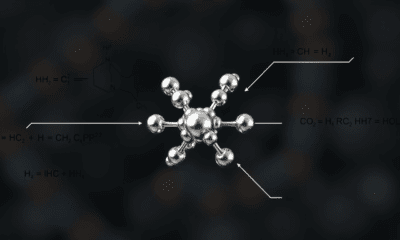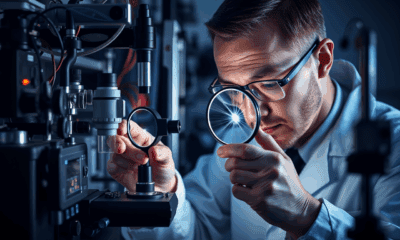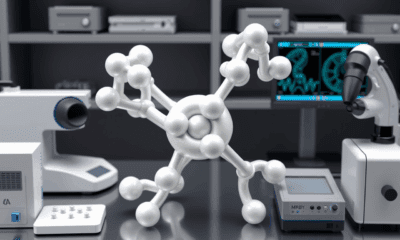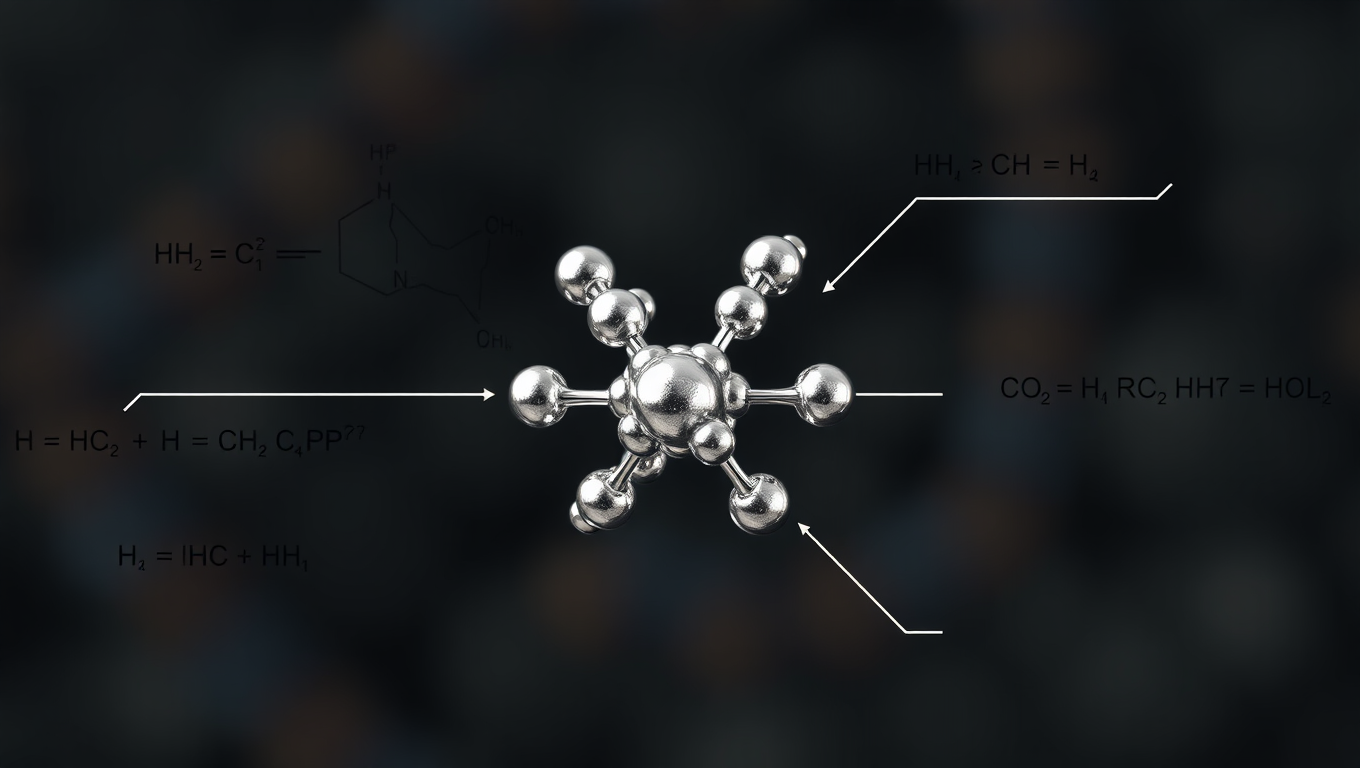While we try to keep things accurate, this content is part of an ongoing experiment and may not always be reliable.
Please double-check important details — we’re not responsible for how the information is used.
Chemistry
A Breakthrough in Drug Design: Geneva Chemists Forge Millennia-Stable ‘Mirror-Proof’ Drugs
Chemists at the University of Geneva and University of Pisa have crafted a novel family of chiral molecules whose mirror-image “handedness” remains rock-solid for tens of thousands of years. By swapping the usual carbon-bound arms for oxygen and nitrogen, they introduced an unprecedented stereogenic center and proved its extreme resilience through dynamic chromatography and quantum calculations. This breakthrough not only prevents life-saving drugs from flipping into harmful twins but also unlocks fresh 3D architectures for future medicines and smart materials.
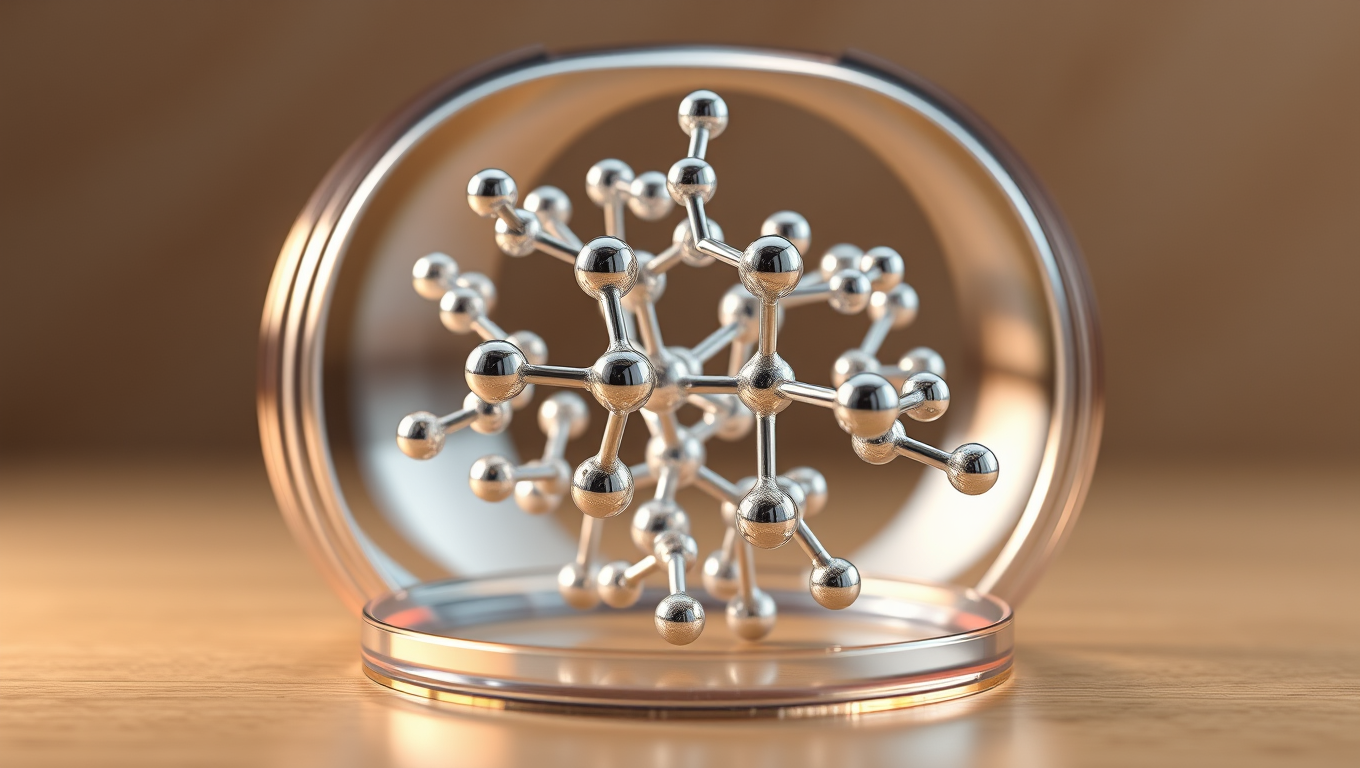
Batteries
“Reviving ‘Dead’ Batteries: The Path to a Greener Future”
Lithium battery recycling offers a powerful solution to rising demand, with discarded batteries still holding most of their valuable materials. Compared to mining, recycling slashes emissions and resource use while unlocking major economic potential. Yet infrastructure, policy, and technology hurdles must still be overcome.
Biochemistry
Shape-Shifting Catalysts: Revolutionizing Green Chemistry with a Single Atom
A team in Milan has developed a first-of-its-kind single-atom catalyst that acts like a molecular switch, enabling cleaner, more adaptable chemical reactions. Stable, recyclable, and eco-friendly, it marks a major step toward programmable sustainable chemistry.
Chemistry
Scientists Confirm a Fundamental Quantum Rule for the First Time
Scientists have, for the first time, experimentally proven that angular momentum is conserved even when a single photon splits into two, pushing quantum physics to its most fundamental limits. Using ultra-precise equipment, the team captured this elusive process—comparable to finding a needle in a haystack—confirming a cornerstone law of nature at the photon level.
-

 Detectors10 months ago
Detectors10 months agoA New Horizon for Vision: How Gold Nanoparticles May Restore People’s Sight
-

 Earth & Climate11 months ago
Earth & Climate11 months agoRetiring Abroad Can Be Lonely Business
-

 Cancer10 months ago
Cancer10 months agoRevolutionizing Quantum Communication: Direct Connections Between Multiple Processors
-

 Albert Einstein11 months ago
Albert Einstein11 months agoHarnessing Water Waves: A Breakthrough in Controlling Floating Objects
-

 Chemistry10 months ago
Chemistry10 months ago“Unveiling Hidden Patterns: A New Twist on Interference Phenomena”
-

 Earth & Climate10 months ago
Earth & Climate10 months agoHousehold Electricity Three Times More Expensive Than Upcoming ‘Eco-Friendly’ Aviation E-Fuels, Study Reveals
-

 Agriculture and Food11 months ago
Agriculture and Food11 months ago“A Sustainable Solution: Researchers Create Hybrid Cheese with 25% Pea Protein”
-

 Diseases and Conditions11 months ago
Diseases and Conditions11 months agoReducing Falls Among Elderly Women with Polypharmacy through Exercise Intervention





